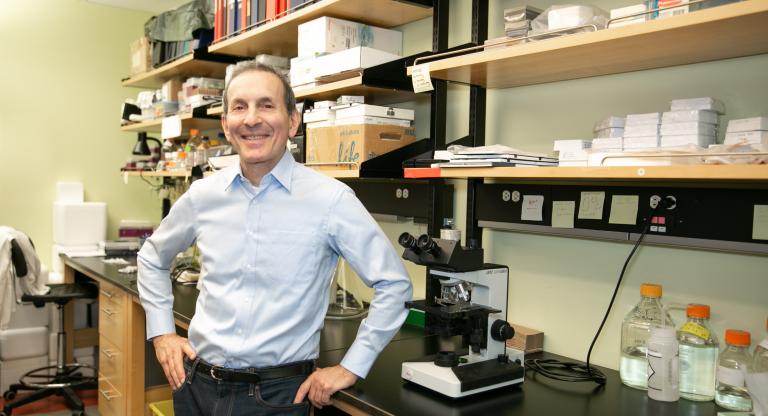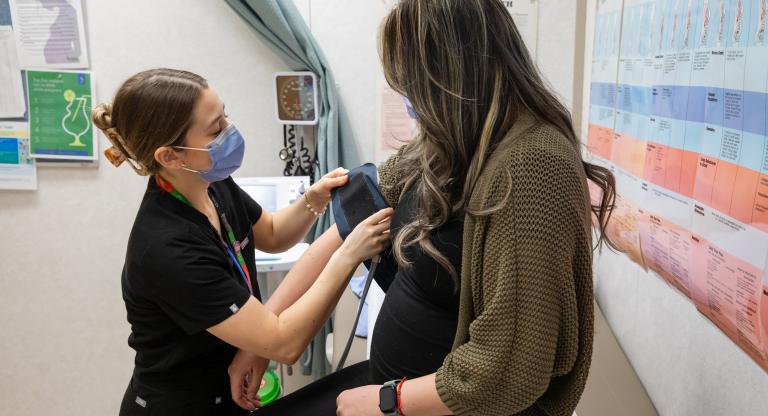New study sheds light on why non-smokers develop lung cancer

A problem with the immune system may be why otherwise healthy, non-smokers develop lung cancer, new research out of Sinai Health shows.
Rayjean Hung, senior investigator at Sinai Health’s Lunenfeld-Tanenbaum Research Institute (LTRI), looked at whether those with impaired lung function, such as emphysema or COPD, were at an increased risk of developing lung cancer.
Hung said her findings point to problems with the immune system, even among non-smokers. The results were published this month in the journal Nature Communications and were featured as one of the Editors’ Highlights.
“A strong immune system helps to keep inflammation under control and chronic inflammation is known to promote cancer,” Hung said. “Our research suggests that it’s underlying dysfunction of immune regulation that can lead to lung cancer, as if a shield is down.”
The association between impaired lung function and cancer has been long recognized. As many as 50 to 70 per cent of lung cancer patients also have co-existing COPD or airflow obstruction. However, why this happens isn’t clear.
Hung, along with former LTRI fellow Linda Kachuri and researchers at UC San Francisco, looked at the genes of 80,000 people to examine whether there were other commonalities and causal links in the development of lung cancer.
“Who suffers from lung cancer goes beyond what could be explained by smoking,” Hung said. “Our findings provide more insight on why lung cancer occurs in non-smokers and points to the importance of immune regulation.”
About 29,300 Canadians were diagnosed with lung cancer in 2019. It is the number-one cause of cancer-related death for both men and women in Canada.
Research shows that screening with CT scan using lower doses of radiation (called low-dose CT) can find lung cancer in these people before they have any symptoms. Such testing could detect the disease early, when treatment may work better. These findings could help expand who should be considered eligible for screening.












